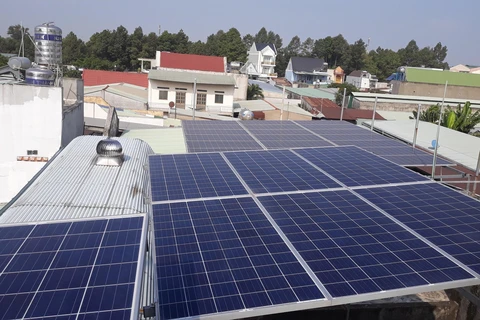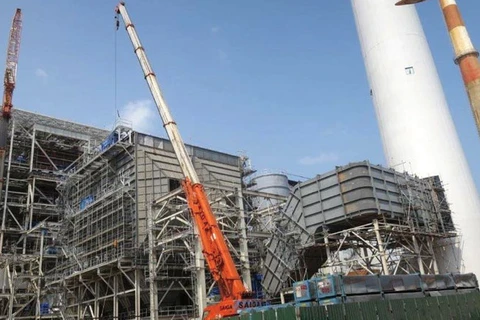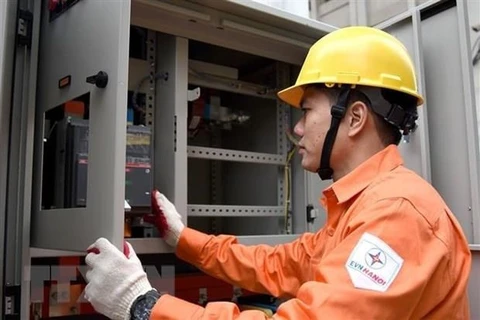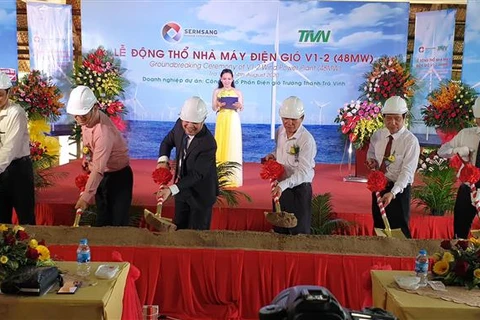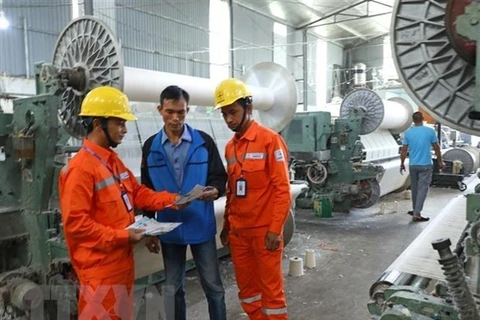Bangkok (VNA) - The State-run Electricity Generating Authority of Thailand (Egat) is planning to reduce the power generation capacity reserve to 15 percent from 40 percent of total capacity, in a move to curb high power costs.
Decommissioning some power plants early, selling electricity to neighbouring countries and using more electricity in agribusiness will be carried out to allow for reductions.
Local media quoted Egat's Governor Viboon Rerksirathai as saying that without these actions, the national power reserve would rise above 40 percent because of lower electricity demand during the economic recession. The more energy is stored in the grid, the more expensive power becomes for users.
The 2018 power development plan (PDP) projects that future electricity demand to grow by between 3-5 percent over the next decade, but the outbreak of COVID-19, which has led to lockdown measures worldwide, has made that estimate untenable.
Viboon did not name which plants are targeted for early decommissioning, saying the decision will depend on selection criteria and discussions with operators.
Without early decommissions, the country's power generation capacity will rise from 51,390MW to 54,026MW in 2025.
Another option to reduce electricity reserves is sales to Myanmar and Cambodia, said Viboon. This requires upgrading transmission lines, but it would be worth the investment, he said.
The power surplus can also be used for chilling fruit and vegetables to prolong their shelf life before sale, he added.
The Thai economy has suffered sharp fall in the second quarter of 2020 due to the COVID-19 pandemic. The National Economic and Social Development Council announced on August 17 that the country’s GDP dropped by 12.2 percent from a year ago – the biggest decline since the Asian financial crisis in 1998. The second-quarter unemployment rate was at 1.95 percent, and an additional 1.8 million workers may be at risk of losing their jobs./.

